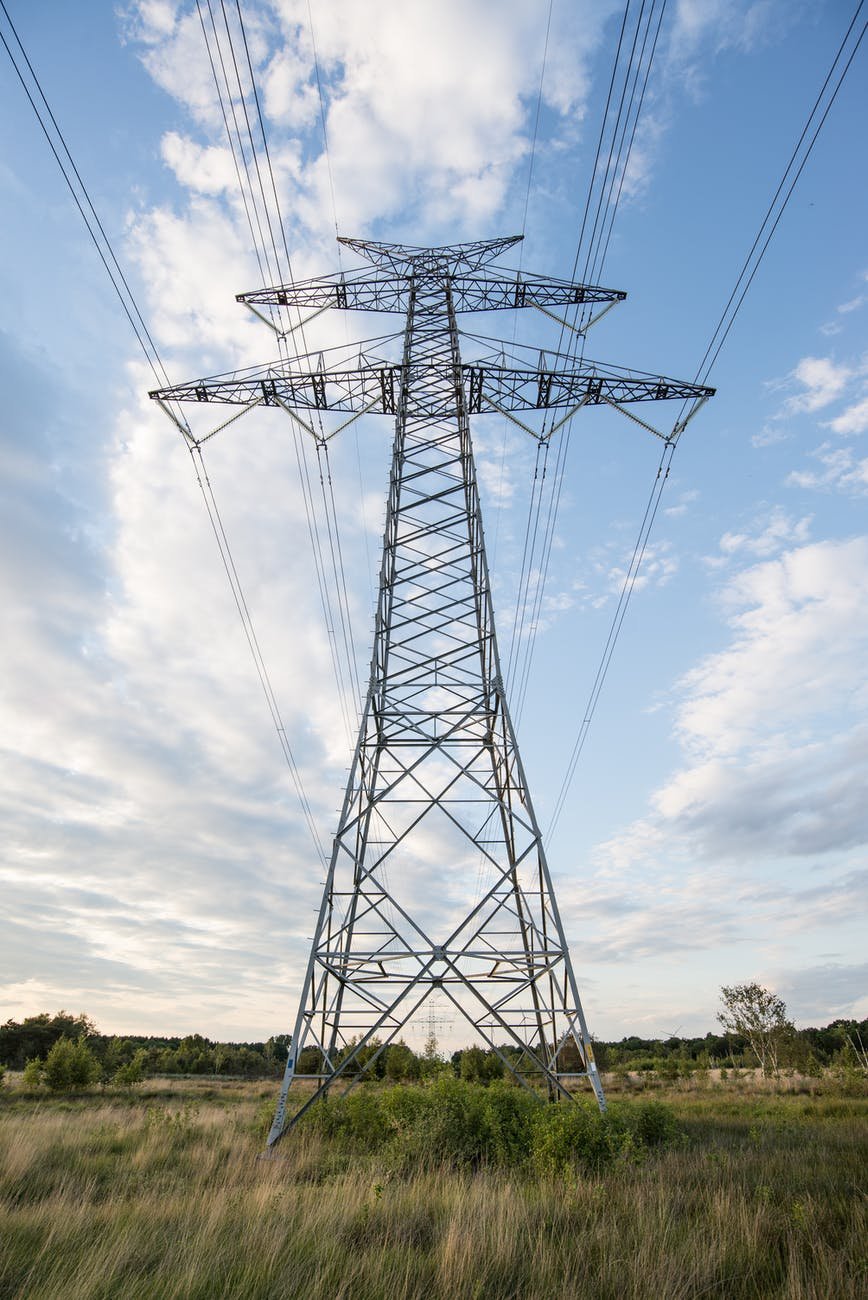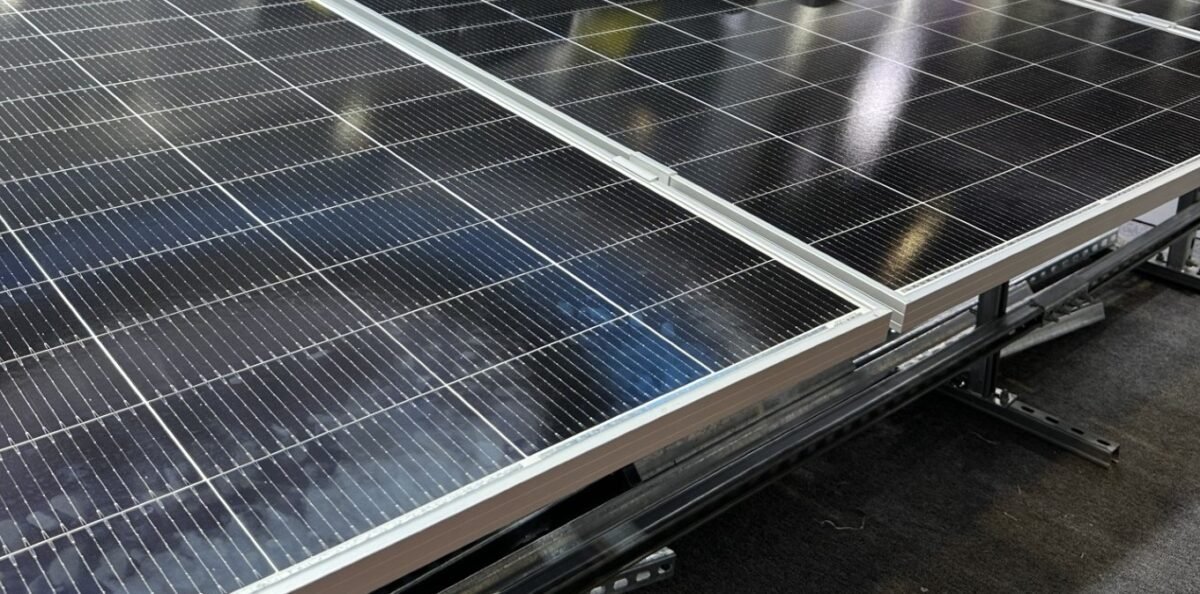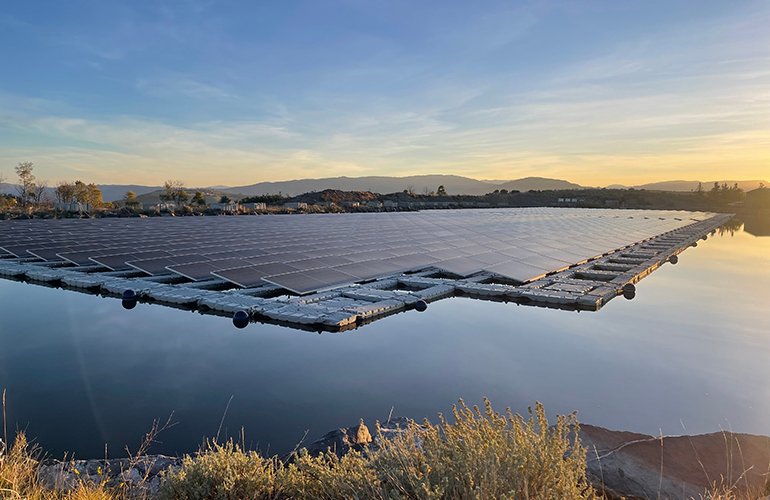KERC’s 2025 Grid Rules: Transforming Solar Integration in Karnataka
The Karnataka Electricity Regulatory Commission (KERC) has introduced game-changing Deviation Settlement Regulations 2025, reshaping solar power integration across the state. These progressive rules position Karnataka as India’s leader in renewable energy adoption through enhanced grid stability measures.
Mandatory Forecasting & Tiered Penalties
Generators now face strict compliance with ±35% deviation limits, mirroring Germany’s EEG framework adapted for India’s monsoon climate. The policy drives adoption of advanced monitoring systems to optimize generation forecasts.
Financial Impact of Power Fluctuations
Tiered penalties for forecast inaccuracies have accelerated adoption of hybrid solar+storage solutions among utility-scale developers to stabilize revenue streams.
Strategic Storage Mandates
Following California’s lead, the regulations make energy storage adoption economically imperative. Battery systems like those in advanced residential setups are becoming critical grid assets.
Rooftop Solar Adaptations
While small-scale systems (<1MW) enjoy relaxed tolerances, all operators must improve predictability through smart inverters and real-time adjustments.
Grid Reliability Enhancements
These measures address Bangalore’s 2024 blackout by strengthening infrastructure during peak solar hours. The framework combines global best practices with local solutions that could influence clean energy policies nationwide.
Karnataka’s solar transition presents both challenges and opportunities—those implementing cutting-edge forecasting and storage will lead India’s renewable revolution.






